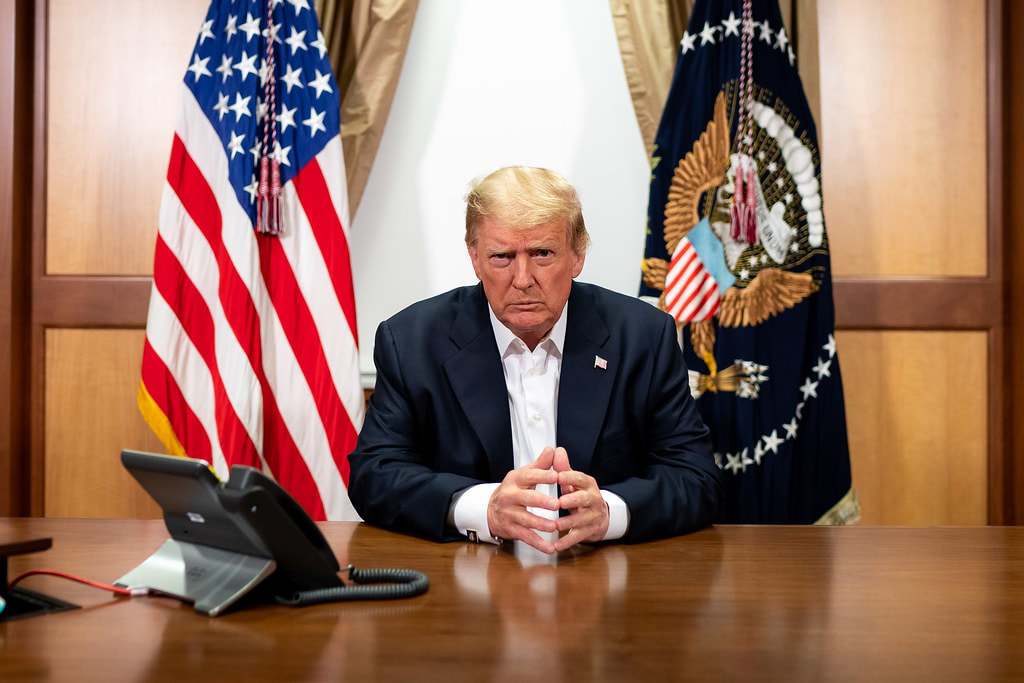|
By: L. Uchôa Although it seems inoffensive, the social media app TikTok actually poses a great threat to a country’s national security. TikTok is a social media app owned by the com- pany Bytedance, a Chinese company. Under the Article 7 of the National Intelligence Law of the People’s Republic of China, 2017, all Chinese citizens and organisations “shall support, asset and cooperate with the state intelligence work in accordance with the law, and key the secrets of the national intelligence work known to the public”. This essentially means that if the government requests Bytedance for the private data of its American users, the company is legally obligated to do so. Bytedance has already had to comply with such demands from the Chinese government regarding their news de- livery app TouTiao, where they were accused of covering up the government’s brutal treatment and persecution of Uyghurs in the province of Xinjiang. Therefore, the American government does have a claim against TikTok regarding the threats that it poses to national security. However, the question is: is it legal for the president to ban an app from the public in a free country such as the US? The US is obviously not an authoritarian country, so the president cannot just do whatever he wishes, correct? Well, whilst that statement is correct, President Trump actually has the power to ban the app. And that is thanks to the International Emergency Economic Powers Act, enacted in 1977 (50 USC, §§ 1701-1707). The IEEPA was actually intended to restrict the president’s power to declare a state of emergency during peacetime. However, it also gives the president the power to declare a national emergency to “(...) deal with any unusual and extraordinary threats, which has its source in whole or substantial part outside the US, to national security, foreign policy, or economy of the US.” (50 U.S. Code, §1701). It also allows him to pro- hibit the importation of “any property in which any foreign country or a national thereof has an interest by any person, or with respect to any property, subject to the jurisdiction of the US.” (50 U.S. Code §1702). To put into simple terms, the IEEPA allows the president to legally ban TikTok, and all he has to do is to simply make an initial declaration of a national security threat and justify that declaration to congress. Initially, the president is required to consult con- gress at least once every six months to sustain the national emergency. But here’s an- other caveat: Per United States v. Romero-Fernandez (1993), the 11th circuit court of appeals held that this provision was unconstitutional. Therefore, legal experts presume that for congress to terminate the president’s authority under the IEEPA decision, it would need to pass a veto-proof, joint-resolution terminating the national emergency. Such resolution has never been passed in congress before. In this case, President Trump’s national emergency declaration relies on an exec- utive order made in May 2019 (Executive Order 13873 of May 15, 2019), which em- phasises the threat related with foreign-owned communication and IT companies oper- ating in the US in circumstances where the foreign company is subject to the authority of a “foreign adversary”, which perfectly applies to our TikTok case. To conclude, President Trump legally does have the power to ban TikTok from the US, under the justification of national security. But why does it matter? The US-China relations have deteriorated very quickly in the 21st century, and especially under the Trump Administration. This has many factors, such as the shift in power between the two countries after the 2008 crisis, change in administrative personnel in both states, and even China’s determination to reform global governance institutions and to play more of a global leadership role. In May 2020, these relations reached a peak low, with each side blaming the other for the coronavirus pandemic, and both countries started imposing trade blocks and sanction policies against each other. This ban on TikTok is just another one of those policies.
0 Comments
Leave a Reply. |
Categories
All
Archives
June 2024
|

